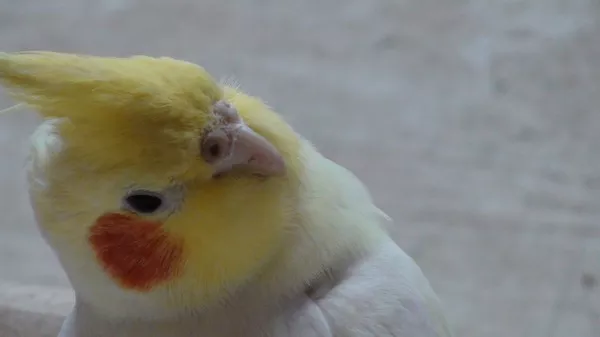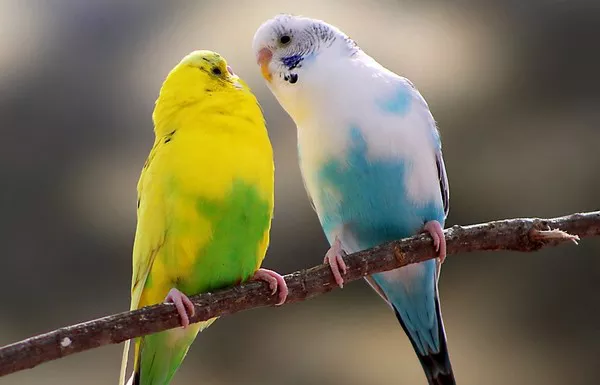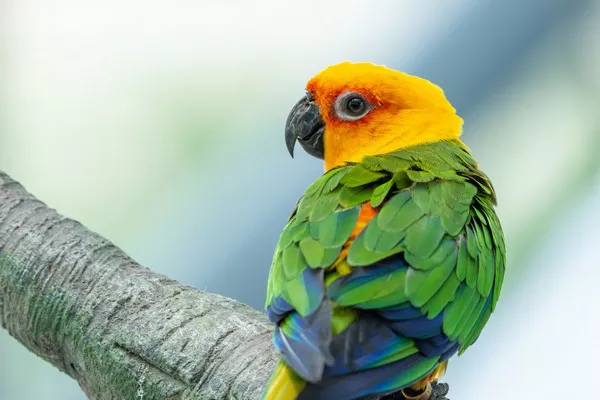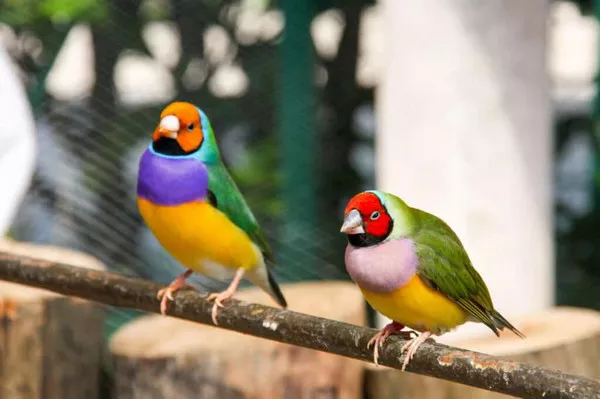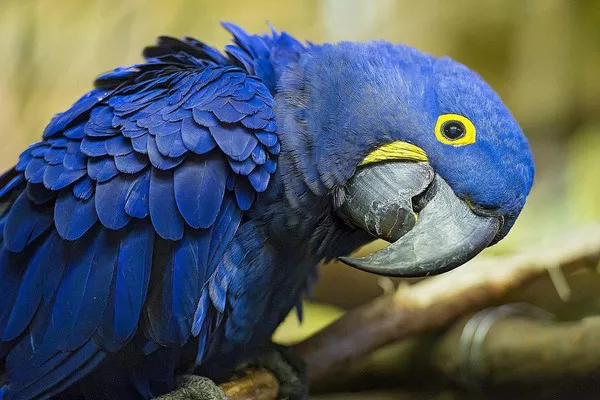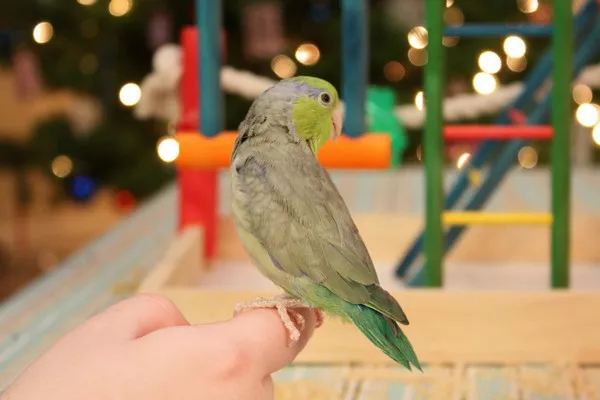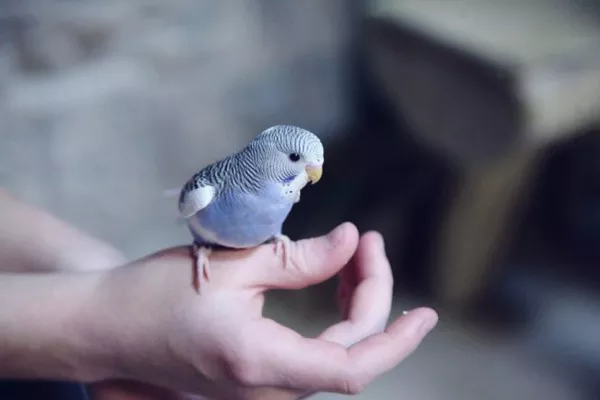Sun conures, with their vibrant feathers and playful personalities, are like the clowns of the bird world. They are known for their loud, joyous calls and their penchant for getting into mischief. But one question often plagues potential bird owners: Do sun conures like to be held? In this article, we will explore the habits, characteristics, and personalities of sun conures, while infusing a bit of humor into their birdy behavior. Buckle up, bird lovers! It’s going to be a colorful ride.
Meet the Sun Conure: A Brief Introduction
Sun conures, also known as sun parakeets, are small parrots native to South America. Their striking plumage features a vibrant blend of yellow, orange, and green. These little fluffballs are known for their intelligence, sociability, and playful antics. They thrive in social settings and love interaction, making them popular pets.
However, like any good comedian, sun conures come with their quirks and unique personalities. Understanding these traits is crucial for any bird lover, especially when it comes to their affection for physical interaction.
The Playful Nature of Sun Conures
Sun conures are known for their playful nature. They enjoy climbing, swinging, and playing with toys. If you’ve ever watched one in action, you might think you’re observing a tiny acrobat rehearsing for the next big circus show. These birds are full of energy and love to engage with their surroundings.
In the wild, sun conures live in flocks. They thrive on companionship and are very social. When they’re not busy practicing their aerial tricks, they often bond with their flock members. This innate social behavior translates to their interactions with humans.
The Bond Between Sun Conures and Their Owners
Sun conures can form deep bonds with their human companions. They are affectionate and often seek attention from their owners. It’s not unusual for them to follow you around the house like a feathered shadow, chatting away and making sure you don’t forget about their adorable little faces.
But how does this affection translate to being held?
Understanding the Birdy Perspective
Before we dive into whether sun conures enjoy being held, we must understand how they perceive the world. Birds have different sensory experiences than humans. They rely heavily on their vision and hearing, and their beaks are used for exploration.
To a sun conure, being held can feel like being captured. Just imagine if someone scooped you up without warning! You might squawk in protest too. It’s important to consider their feelings when interacting with them.
Do Sun Conures Like to Be Held?
So, back to the burning question: Do sun conures like to be held? The answer is a resounding it depends! Some sun conures love the physical contact and will snuggle right into your hand, while others may be more cautious or even resistant.
The Social Butterflies
For those sun conures that enjoy being held, the experience is akin to a cozy cuddle session. They may lean into you, fluff up their feathers, and make sweet little sounds. This indicates they feel safe and comfortable in your grasp.
These sociable birds often enjoy gentle handling. They love being the center of attention and may even show off their playful side while being held. Think of it as a mini performance—complete with chirps and fluffs—right in your hands.
The Independent Spirits
On the other hand, some sun conures might be more independent. These feisty little creatures may prefer to perch on your shoulder or engage in their antics from a safe distance. For them, being held could feel like being trapped in a sitcom with no chance of escape.
When interacting with these cautious birds, it’s essential to read their body language. If they puff up, squawk, or try to wiggle away, they might not be in the mood for a cuddle. Respecting their boundaries is key to building trust.
Building Trust and Comfort
If you’re new to the sun conure experience, building trust is paramount. Here are a few tips to help your sun conure feel more comfortable with being held:
Start Slow: Allow your sun conure to get used to your presence. Spend time near their cage, talking softly, and offering treats. This establishes a foundation of trust.
Let Them Come to You: Instead of forcing them to be held, let them approach you on their terms. Birds appreciate having control over their interactions.
Positive Reinforcement: Use treats or praise to encourage positive interactions. If your sun conure steps onto your hand willingly, shower them with affection!
Be Mindful of Their Mood: Just like us, sun conures have their good days and bad days. Some days, they may be in the mood for snuggles, while other days, they might prefer to perch nearby and observe the world.
Create a Safe Space: Ensure your bird feels safe when being held. Avoid sudden movements or loud noises that might startle them. A calm environment will encourage relaxation.
The Art of Handling Sun Conures
Once you’ve established trust, you might find that your sun conure is more willing to be held. Here are a few techniques for handling your feathered friend:
The Hand Perch: Extend your hand toward your sun conure, palm up. This is like offering a birdy elevator! Allow them to step onto your hand at their own pace.
Gentle Cuddles: If your sun conure enjoys being held, support them gently with your other hand. This creates a cozy nest for them to relax in.
Let Them Explore: If your bird is feeling adventurous, allow them to climb around on your hand or arm. This can be a fun way for them to bond with you while exploring their surroundings.
The Shoulder Ride: Many sun conures love to perch on their owner’s shoulder. This gives them a great vantage point while still feeling secure.
Avoid Grabbing: Never grab or hold your bird tightly. This can cause stress and anxiety. Always let your sun conure choose when they want to be held.
Sun Conure Body Language
Understanding sun conure body language is crucial in determining how they feel about being held. Here are some common signs to look out for:
See Also: What Is the Sun Conure Known For?
Fluffed Feathers: A sun conure that is relaxed may fluff up its feathers and lean into you. This indicates they are comfortable.
Vocalizations: Happy sun conures may chirp, whistle, or make soft cooing sounds when they’re being held.
Head Bobbing: This is a sign of excitement! If your sun conure is bobbing their head while being held, they are likely enjoying the experience.
Wing Flapping: If your bird is flapping its wings or trying to escape, they might be feeling anxious. Gently put them down and give them some space.
Biting: A sun conure may bite if it feels threatened or uncomfortable. It’s essential to recognize this behavior as a warning. Never punish them for it; instead, respect their feelings and give them a break.
Creating a Bond Beyond Holding
While holding is one way to bond with your sun conure, it’s not the only method. These clever birds thrive on interactive play and mental stimulation. Here are some other ways to build a strong relationship:
Playtime: Engage your sun conure with toys that promote play. Puzzle toys, ropes, and swings are great for stimulating their minds.
Training: Teaching your sun conure tricks is a fun way to bond. They love learning new skills, and positive reinforcement can strengthen your relationship.
Outdoor Adventures: With proper precautions, you can take your sun conure outside for fresh air. A secure harness or aviary will keep them safe while they enjoy the sights and sounds of nature.
Social Interaction: Sun conures are social creatures. Allowing them to interact with other pets or family members can enhance their social skills and help them feel more secure.
Routine: Establishing a daily routine helps your sun conure feel safe and secure. Regular feeding, playtime, and interaction can create a predictable environment.
The Importance of Environment
Creating a bird-friendly environment is essential for your sun conure’s well-being. A comfortable and stimulating space can positively influence their behavior. Here are some tips:
Cage Setup: Ensure your sun conure’s cage is spacious and filled with perches, toys, and hiding spots. This creates a fun environment for them to explore.
Location: Place the cage in a social area of your home. Sun conures thrive on interaction and want to be part of the family.
Natural Light: Birds enjoy sunlight. Position the cage near a window where they can enjoy natural light, but make sure they have access to shaded areas as well.
Safe Toys: Provide a variety of toys to keep them entertained. Rotate toys regularly to keep their interest piqued.
Avoid Toxins: Be mindful of household items that can be toxic to birds, such as certain plants, cleaning products, and aerosol sprays.
Dealing with Challenges
While sun conures are generally affectionate, there can be challenges in their behavior. Here are some common issues and solutions:
Nervousness: If your sun conure seems nervous, avoid overwhelming them with too much handling. Gradually introduce them to new experiences and people.
Biting: If biting becomes an issue, evaluate the circumstances. Are they feeling threatened? Have they been overstimulated? Addressing the root cause is crucial.
Loud Vocalizations: Sun conures are known for their loud calls. If this becomes a nuisance, try to identify patterns in their vocalizations. Often, they vocalize when they want attention or are bored.
Feather Plucking: If you notice your sun conure plucking its feathers, it could be a sign of stress or boredom. Increase interaction, provide more stimulation, and consult a veterinarian if the behavior persists.
Socialization: Some sun conures may be more timid than others. Gradual exposure to new people and environments can help them build confidence.
Conclusion
So, do sun conures like to be held? The answer is as colorful as the birds themselves. Each sun conure has its personality and preferences. Some will snuggle into your hand, while others will chirp happily from a safe distance.
Building a strong bond with your sun conure takes time, patience, and understanding. Respect their feelings, create a stimulating environment, and engage in playful interactions. With love and care, your sun conure will flourish and perhaps even surprise you with their affection.
In the end, whether they’re cuddly or independent, sun conures are delightful companions. Their vibrant personalities and playful antics will surely bring joy to your life. So, embrace the feathered chaos, and enjoy the colorful journey with your sun conure!
Related Topics:

